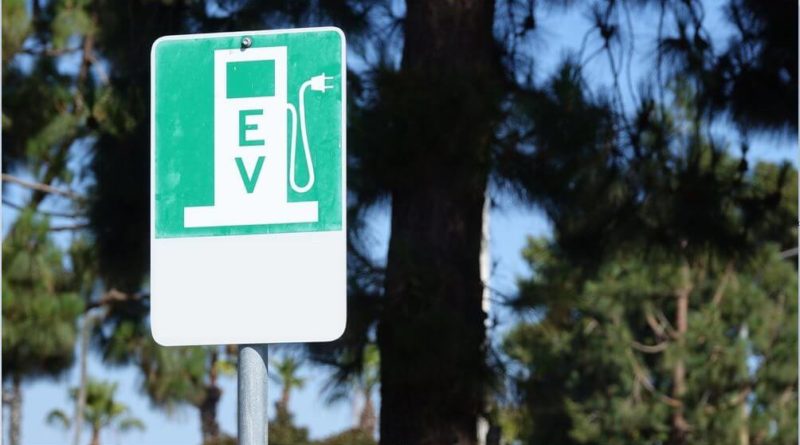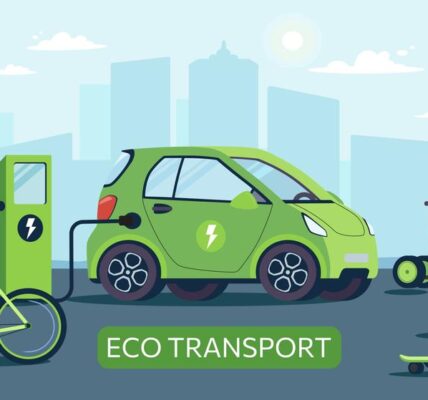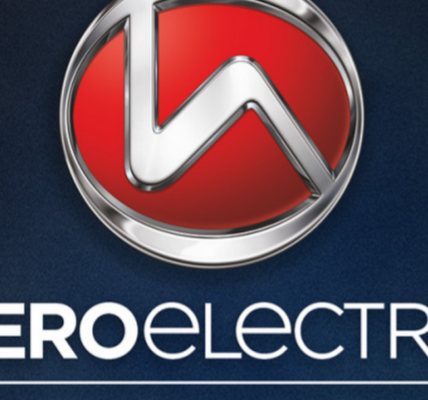The Indian government has outlined its vision to make the country a developed nation by 2047, with a major focus on the shift towards electric vehicles (EVs). The plan includes tax incentives, production linked incentive schemes, and the mandatory provision of charging infrastructure to support the adoption of EVs. The government aims to decarbonize the freight transport sector by shifting modal share from road to rail. The vision was discussed by Secretary Rajesh Kumar Singh during a session at the World Economic Forum (WEF) in Davos.
The vision to make India a developed nation by 2047 includes a major shift towards electric vehicles, supported by tax incentives, production linked incentive schemes, and the mandatory provision of charging infrastructure, a top government official said on Monday. Secretary in the Department for Promotion of Industry and Internal Trade (DPIIT) Rajesh Kumar Singh said that the development and adoption of Electric Vehicles (EVs) play a pivotal role in India’s transition to a low-carbon economy.
“The comprehensive vision for 2047 includes a substantial shift towards electric vehicles across various segments, supported by tax incentives, Production Linked Incentive (PLI) schemes, and the mandatory provision of charging infrastructure,” Singh told PTI.
He said that a shift in the modal share of freight from road to rail will be an effective lever to decarbonise the freight transport sector.
He added that the government’s authorisation of 100% Foreign Direct Investment (FDI) for renewable power projects underscores the nation’s dedication to sustainable development.
The vision encompasses various aspects of development, including economic growth, social progress, environmental sustainability, and good governance.
Singh said that he discussed these things in a session on ‘Financing Industrial Ecosystems of the Future’ at the recently concluded World Economic Forum (WEF) meet at Davos.
“The agenda for the session was to discuss how public and private institutions can provide financing that will benefit the cluster partnership model in creating shared infrastructure and innovative decarbonisation projects,” he said.
He added that key reforms such as the PM Gati Shakti programme and the Unified Logistics Interface Platform were showcased in the meeting, highlighting India’s dedication to sustainable development and robust infrastructure growth.







